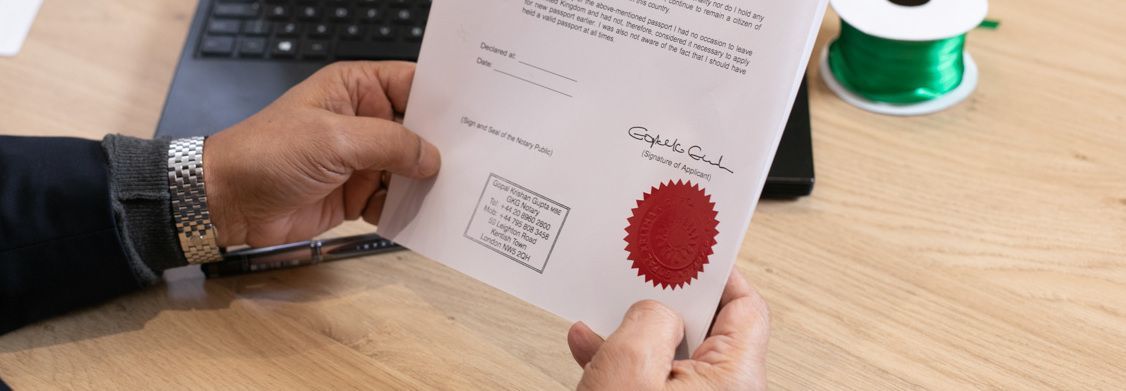How to Get an Apostille in the UK:
Step-by-Step Process

If you need to use your UK documents overseas, you’ll often be told they require an APOSTILLE. But how exactly do you obtain one? The process in the UK is managed by the Foreign, Commonwealth & Development Office (FCDO), and while straightforward, there are details that must be followed carefully.
Step 1: Check If You Need an Apostille or Legalisation
First, determine if your destination country is a member of the HAGUE Apostille Convention.
- If yes: you only need an APOSTILLE.
- If no: you’ll need both APOSTILLE and embassy LEGALISATION.
Step 2: Prepare Your Document
- Originals: Some documents such as birth and marriage certificates can be apostilled in their original form.
- Copies: Academic and business documents often require solicitor or notary certification before an APOSTILLE can be issued.
Step 3: Submit to the FCDO
You can send your documents by post or through a registered service provider. The FCDO will check authenticity and attach the APOSTILLE.
Step 4: Embassy Legalisation (if required)
For non-HAGUE countries, the apostilled document must be submitted to the relevant embassy for final LEGALISATION.
Processing Times
- Standard: Typically several working days.
- Express services: Available through agencies that can fast-track the process.
Costs
The FCDO charges a fee per document. Additional charges apply for embassy LEGALISATION, depending on the country.
Common Mistakes to Avoid
- Submitting uncertified copies instead of originals
- Not checking HAGUE membership of the destination country
- Leaving the process too late before travel deadlines
Final Word
Obtaining an APOSTILLE in the UK is not difficult, but it requires attention to detail. By understanding the step-by-step process and ensuring proper LEGALISATION where necessary, you can make sure your documents are valid abroad without unnecessary stress.













